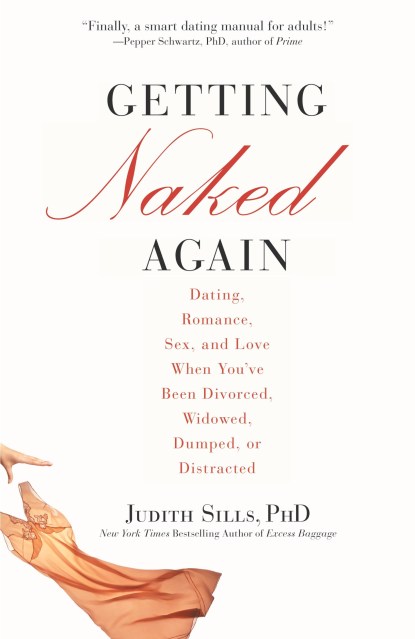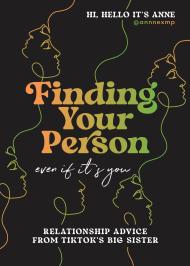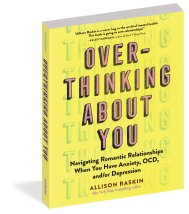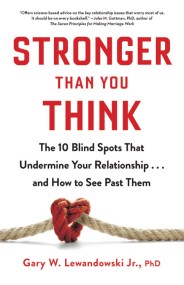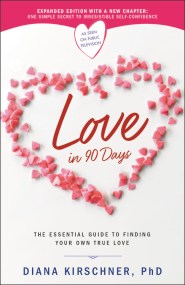Promotion
Use code MOM24 for 20% off site wide + free shipping over $45
Getting Naked Again
Dating, Romance, Sex, and Love When You've Been Divorced, Widowed, Dumped, or Distracted
Contributors
Formats and Prices
Price
$21.99Price
$28.99 CADFormat
Format:
- Trade Paperback $21.99 $28.99 CAD
- ebook $9.99 $12.99 CAD
This item is a preorder. Your payment method will be charged immediately, and the product is expected to ship on or around January 7, 2010. This date is subject to change due to shipping delays beyond our control.
Also available from:
You are divorced, you’re widowed, or maybe you’ve just been busy with other things. Lately though you might be ready (are you?) to meet (but where, and how?) another romantic partner.
In Getting Naked Again, clinical psychologist and New York Times bestselling author Judith Sills, PhD, leads readers through each stage of the process, offering sophisticated advice and sharing insightful stories about women like you, who have experienced relationship loss and are successfully pursuing new romance. In this book, Sills offers a frank, funny, and unusually savvy look at midlife dating- including smart sexual strategies, predictable new relationship patterns, financial manuvering, and interpersonal finesse. Be prepared: This is not your daughter’s dating guide.
Judith Sills is a regular contributor and relationship expert on the Today show and in other national media outlets. She is the author of many bestselling books, including Excess Baggage, A Fine Romance, and The Comfort Trap.
In Getting Naked Again, clinical psychologist and New York Times bestselling author Judith Sills, PhD, leads readers through each stage of the process, offering sophisticated advice and sharing insightful stories about women like you, who have experienced relationship loss and are successfully pursuing new romance. In this book, Sills offers a frank, funny, and unusually savvy look at midlife dating- including smart sexual strategies, predictable new relationship patterns, financial manuvering, and interpersonal finesse. Be prepared: This is not your daughter’s dating guide.
Judith Sills is a regular contributor and relationship expert on the Today show and in other national media outlets. She is the author of many bestselling books, including Excess Baggage, A Fine Romance, and The Comfort Trap.
Genre:
-
"Known for her psychologically perceptive relationship books, Sills turns her attention to dating for women of a certain age, particularly those recently out of long marriages... [her] clinical psychology background comes to the fore." -Publisher's Weekly (starred review)
-
"I love the honesty, compassion and useable common sense that Sills gives out on every page. Finally, a smart dating manual for adults!" -Pepper Schwartz, PhD, author of PRIME
- On Sale
- Jan 7, 2010
- Page Count
- 288 pages
- Publisher
- Grand Central Life & Style
- ISBN-13
- 9780446551809
Newsletter Signup
By clicking ‘Sign Up,’ I acknowledge that I have read and agree to Hachette Book Group’s Privacy Policy and Terms of Use
